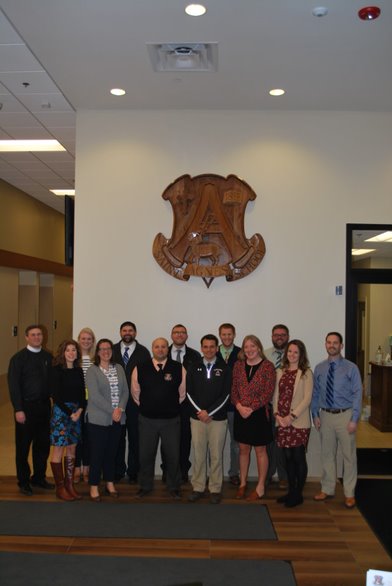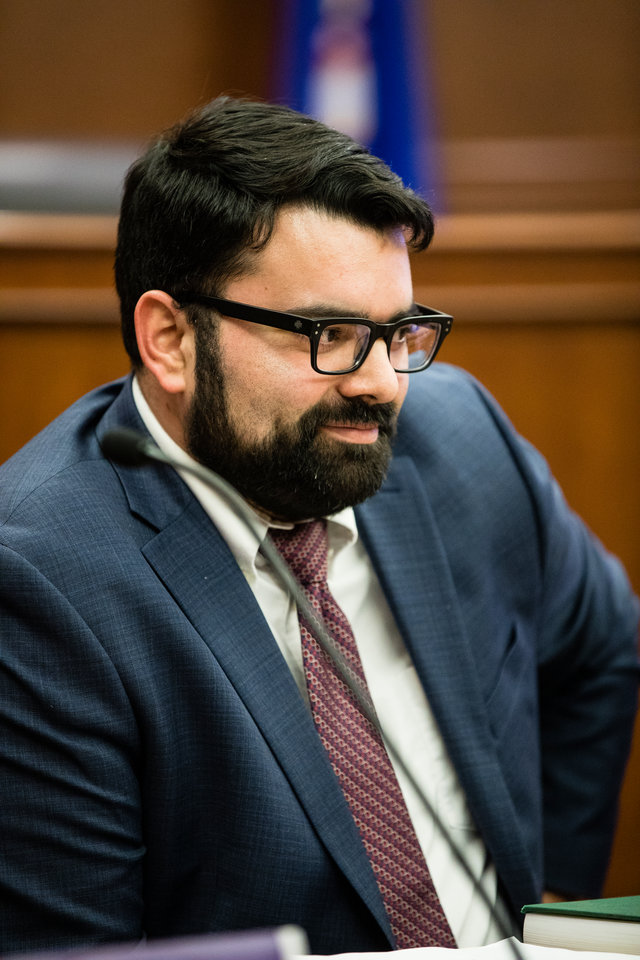Today, Saint Agnes School in the Frogtown neighborhood of St. Paul is one of the fastest growing schools in the archdiocese of Saint Paul and Minneapolis, with one of the most diverse student populations. A decade ago it was struggling to stay open.
Though many deserve credit for the survival and current growth of Saint Agnes – especially its former pastor and school superintendent Father John Ubel – we like to think St. Thomas Catholic Studies has done its part to aid in this recovery. Specifically, the contribution of nearly 20 St. Thomas Catholic Studies alumni who have worked or currently work there.
St. Agnes had about 450 students when Dean of Academics Michael Adkins was hired in the summer of 2009. Their 2018- 19 school year opened with about 760 students, up 8 percent from last fall. Since 2010-11 their elementary Stanford 10 performance has increased remarkably and they now consistently perform in the top 25th percentile in the country.
“Saint Agnes School’s mission is to educate young people, forming Catholic hearts and minds, in order that our graduates contribute to Christ’s Church and the common good of society in whatever vocation they discern with God’s help … I believe that God has blessed our work here because we’ve set our priorities on proposing Christ and his Church to our students above everything else,” said Adkins.
Among other milestones, he thinks three factors were key for the school’s successful and quick turnaround: “One, authentically teaching the Catholic faith was reiterated as a priority; two, the curriculum model was clearly defined as a liberal arts program grounded in the classics and the Catholic intellectual tradition – what I call ‘our students’ birthright’; and three, we hired excellent mission-focused faculty who are witnesses to the faith and intellectually driven.”
Adkins and current school superintendent Father Mark Moriarty attribute much of their renewed reputation and academic excellence to institutional focus and clear priorities, supported by a united faculty with a shared vision.
“Understanding who we are and what we are about is critical for any institution,” says Moriarty. “However, my Catholic studies degree allowed me to always keep focused on integrating the faith in every aspect of the school, as well as to order everything toward the goal of a well-rounded and free human being.”
Adkins adds that “I cannot say enough about the importance of building a faculty that is united in the Catholic faith and united around the school’s curriculum model. Without excellent and faith-filled teachers, men and women who animate the work with their witness, all the other reforms might be a dead letter.”





